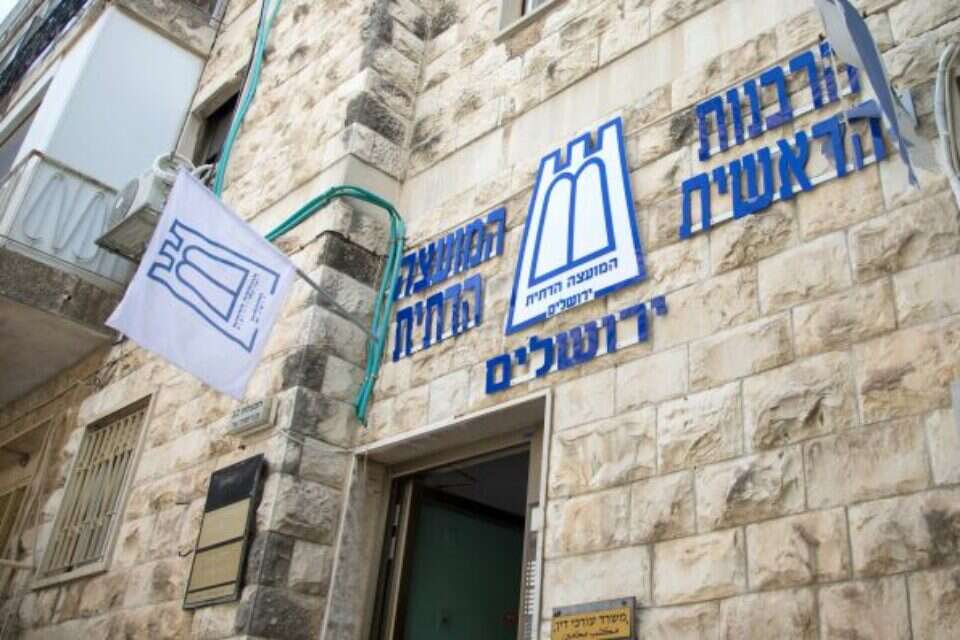Six months to the elections for the Chief Rabbinate and the engines are heating up.
"Israel Hayom" has learned that the Chief Rabbinate Council is expected to meet tomorrow (Monday) with the aim of approving the establishment of a committee that should pave the way for the entry of rabbis who have not passed the tests required for the position of city rabbi and define them as "great Torah".
The purpose of the move is to allow the appointment of rabbis to the positions of city rabbis, as well as to the position of chief rabbi.
According to the law of the chief rabbinate, a person who is interested in running for the position of chief rabbi is a person between the ages of 40-70 and has served or served as a rabbi of a city, that is, he has passed the 12 arduous tests that are required in order to qualify for the position of rabbi of a city.
But there is also a detour route: the law allows a person whom the Chief Rabbinate Council has determined to be "great in the Torah" to run for the position without passing the exams, and even to serve as chief rabbi.
To become mayor without the required tests (for illustration), photo: Michel dot Kom
Wholesale tool
A decade ago, in preparation for the previous rabbinical elections, an uproar arose, when it was discovered that hundreds of rabbis were crowned as "Torah greats" without any criteria or tests.
This is how their path was paved to prestigious positions, including the chief rabbi.
The very detour route makes sense, because there are yeshiva leaders or rabbis of settlements who have never passed the tests that allow them to become rabbis of cities, but certainly deserve it.
The problem lies in turning the route into a wholesale tool for appointing rabbis to significant positions.
Therefore, about a decade ago, a petition was submitted to the High Court by the "Loyal Torah and Work" movement in the name of Adv. Aviad HaCohen, demanding to stop the phenomenon.
"It became a tool of corruption. There was a stage when we gave this approval in the hundreds, everyone who studied at 'Kollel' received ordination as a rabbi of a city," says the movement's chairman, Shmuel Ashet. Following the petition, the rabbis pledged that they would not appoint rabbis through the procedure, but Establishing a committee and establishing agreed criteria, something that has not happened so far.
hot potato
Now it was decided to bring the issue back to the table.
The timing, it seems, is not accidental, although no one openly declares it: in six months the elections will be held, and it is possible that there are such and such parties who wish to promote candidates who do not meet the standards.
In addition, there are quite a few city rabbis lacking throughout the country, and by appointing rabbis who do not meet the standard, the shortages can be overcome.
These may already be used in the coming months as members of the assembly that elects the chief rabbi.
Officials in the Chief Rabbinate Council approved the idea of establishing the committee, but said that it was not at all certain that it would be established, among other things because of the fear of trying to create criteria that would benefit a specific rabbi.
This is a hot potato, and any attempt to appoint a rabbi who does not meet the standards is likely to cause outrage within the Chief Rabbinate Council - and outside of it.
were we wrong
We will fix it!
If you found an error in the article, we would appreciate it if you shared it with us

